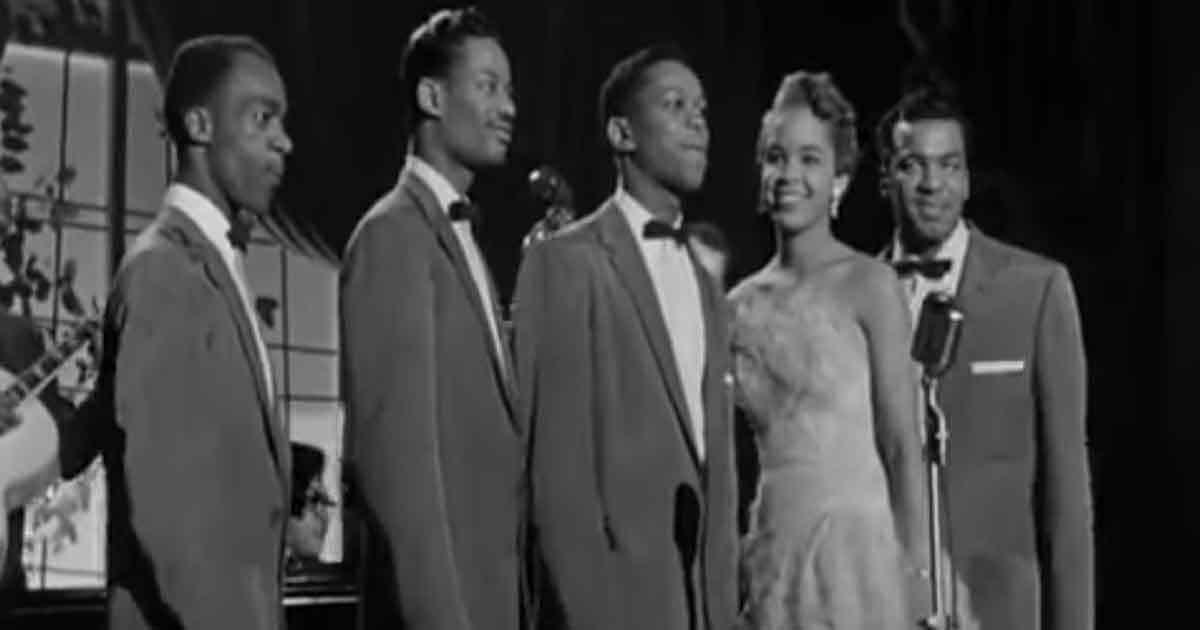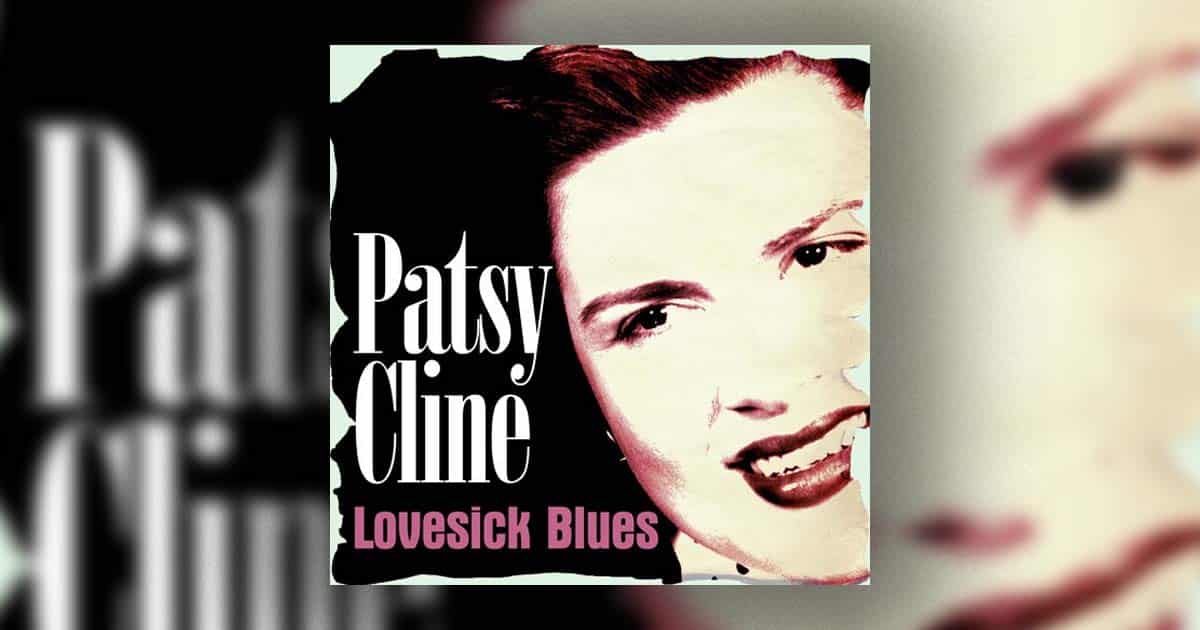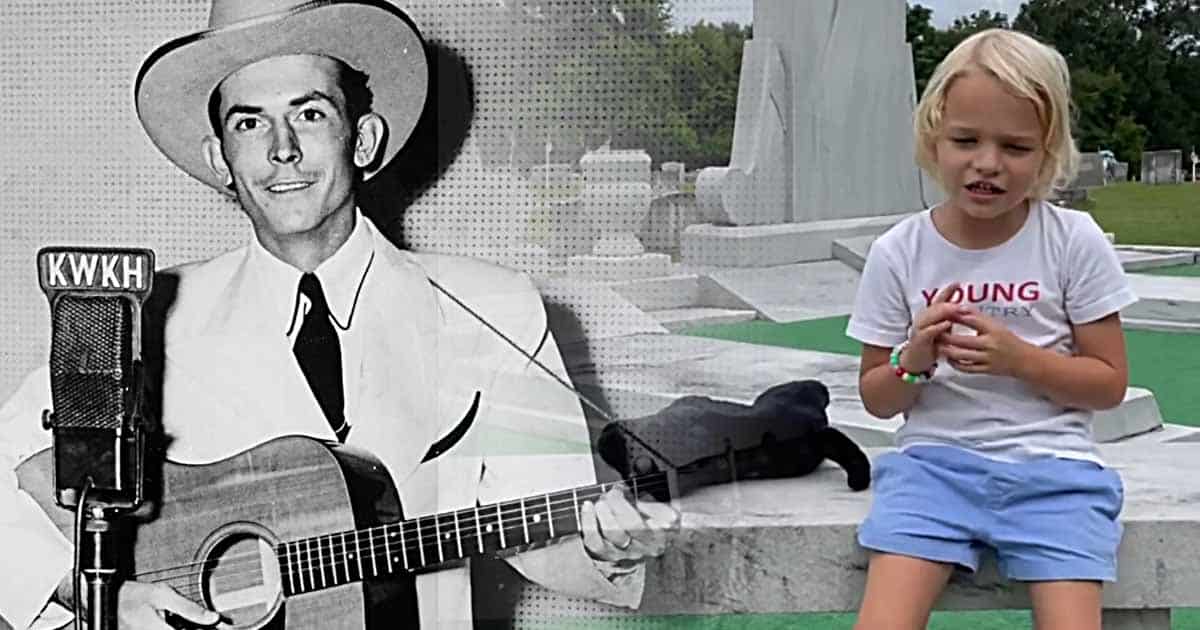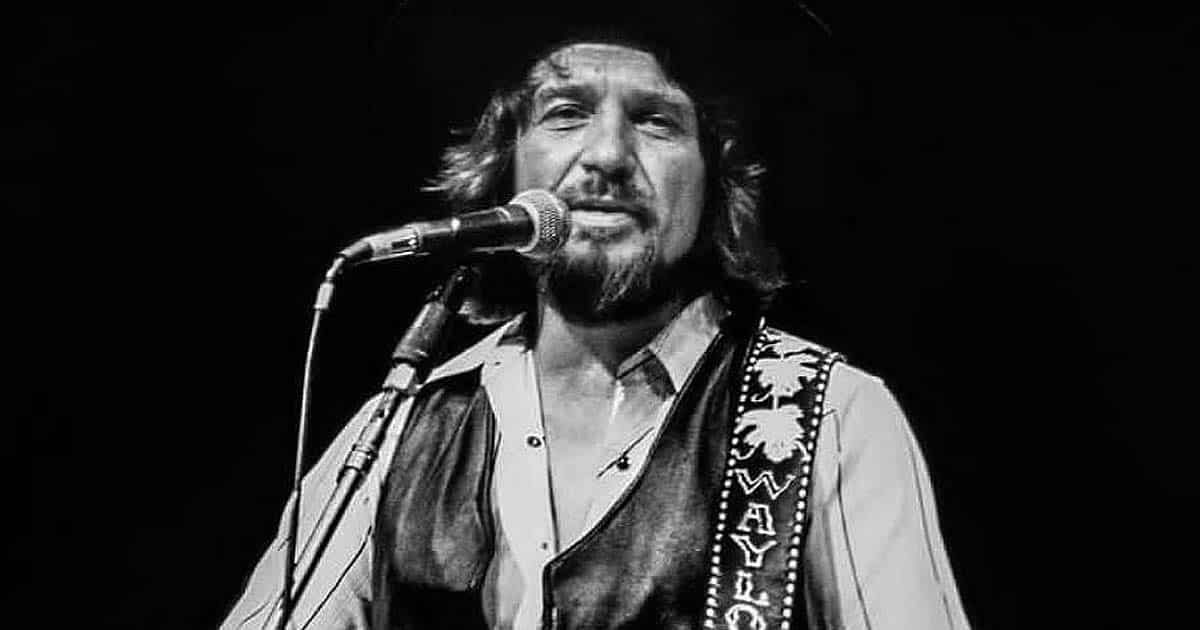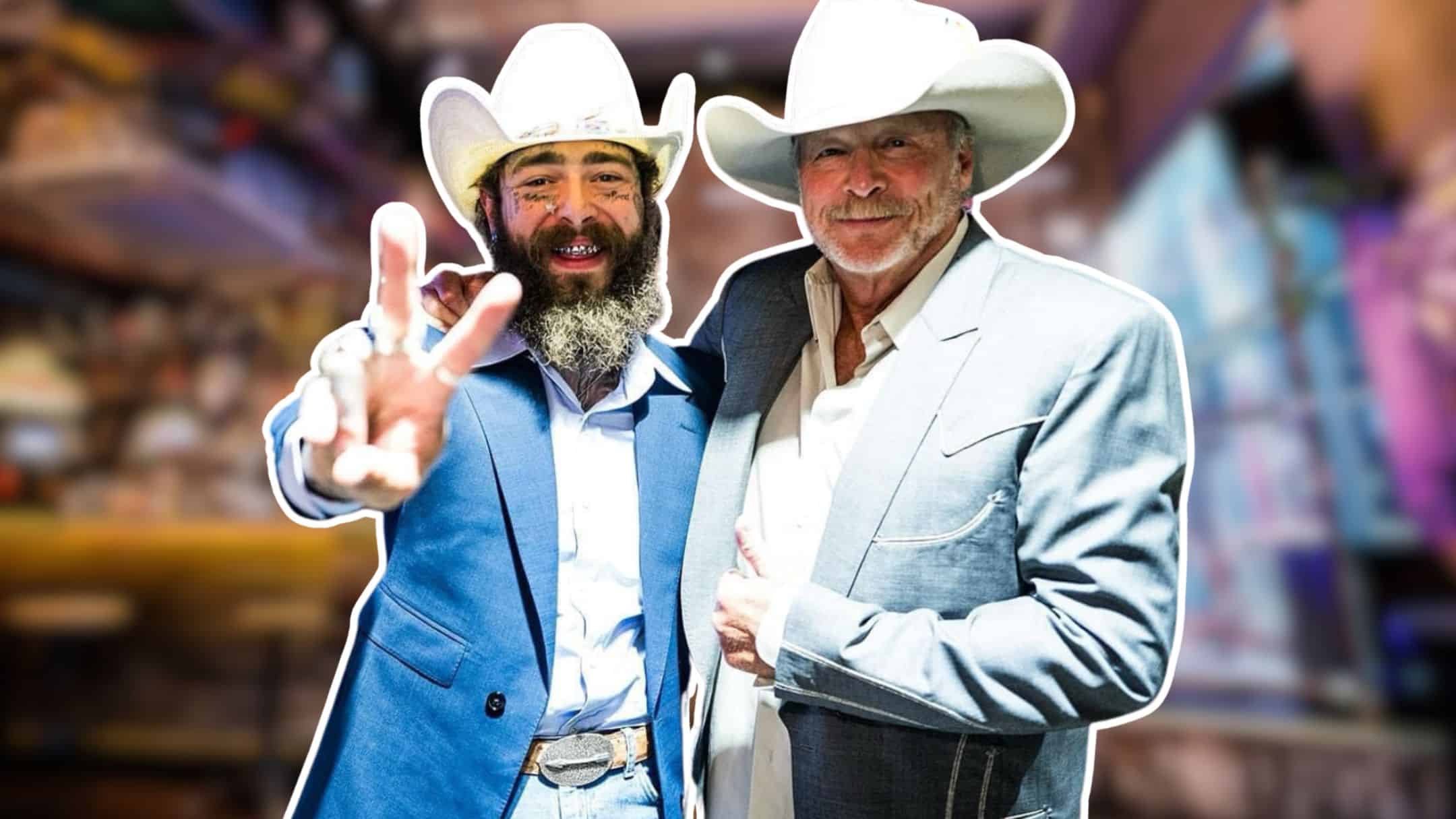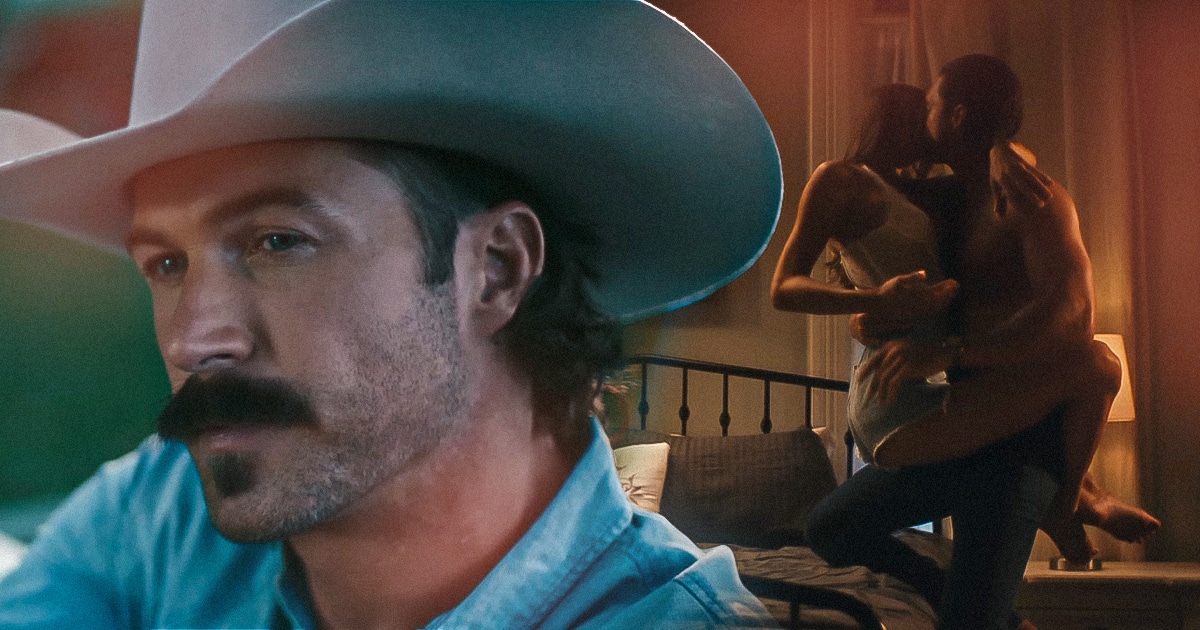The Platters were the first-ever African-American who made it big as a pop supergroup in the early 50s. With a classic lineup of David Lynch, Zola Taylor, Herb Reed, and Paul Robi, the group was formed in 1952, adding Tony Williams as the lead vocalist in 1953.
After their first couple of records failed to make it to the charts, producer and songwriter Buck Ram became the group’s manager. He made some changes to the group and negotiated a record deal with Mercury Records. From there, The Platters became the most successful vocal group of the era.
Two of Buck Ram’s songs turned out to be the first big hits for the Platters too. The first was “Only You,” and the second major success was “The Great Pretender,” which was released at the end of 1955. The song made it all the way to No. 1 for The Platters.
It Could Be One of The Most Heartbreaking Song You’ll Ever Hear
“The Great Pretender” is delivered with flashy touches, from singer Tony Williams’s hiccupy “Oh oh, yes I’m the great pretender” that opens the song to the soaring high-register harmonies that back him. The lyrics are remarkably simple and catchy too.
It describes a man who deals with his heartbreak by denying it and mastering the art of smiling through the pain. “Yes, I’m the great pretender. Just laughin’ and gay like a clown. I seem to be what I’m not, you see. I’m wearing my heart like a crown. Pretending that you’re still around,” the song goes.
Pressed for a follow-up to their previous hit, “Only You,” Buck Ram quickly drafted “The Great Pretender” in the washroom of the Flamingo Hotel in Las Vegas, where the group was performing. A year later, both “The Great Pretender” and “Only You” found their way into the soundtrack for Rock Around the Clock, a film musical about the fall of big bands and the rise of rock and roll.
In 1987, Freddie Mercury, the lead singer of the rock band Queen, revived “The Great Pretender” when he released his version of the single. Though it didn’t make an impact in America, it went to No. 4 in the UK Singles Chart.
In one of his last videotaped interviews in the spring of that year, Mercury explained that the song was particularly fitting for how he saw his career and being on stage. Though he did not reveal the real reason, it was most likely due to his HIV diagnosis that he discovered just a couple of months after filming the music video for “The Great Pretender.” For the next four years, Mercury would continue to tour, be in the public eye, and deny that he was ill. So during this time, you could say Freddie Mercury himself was a “great pretender.”
A lot more artists released their version of “The Great Pretender” through the years, but nobody does it better than The Platters. Watch one of their most notable performances in the video below.

